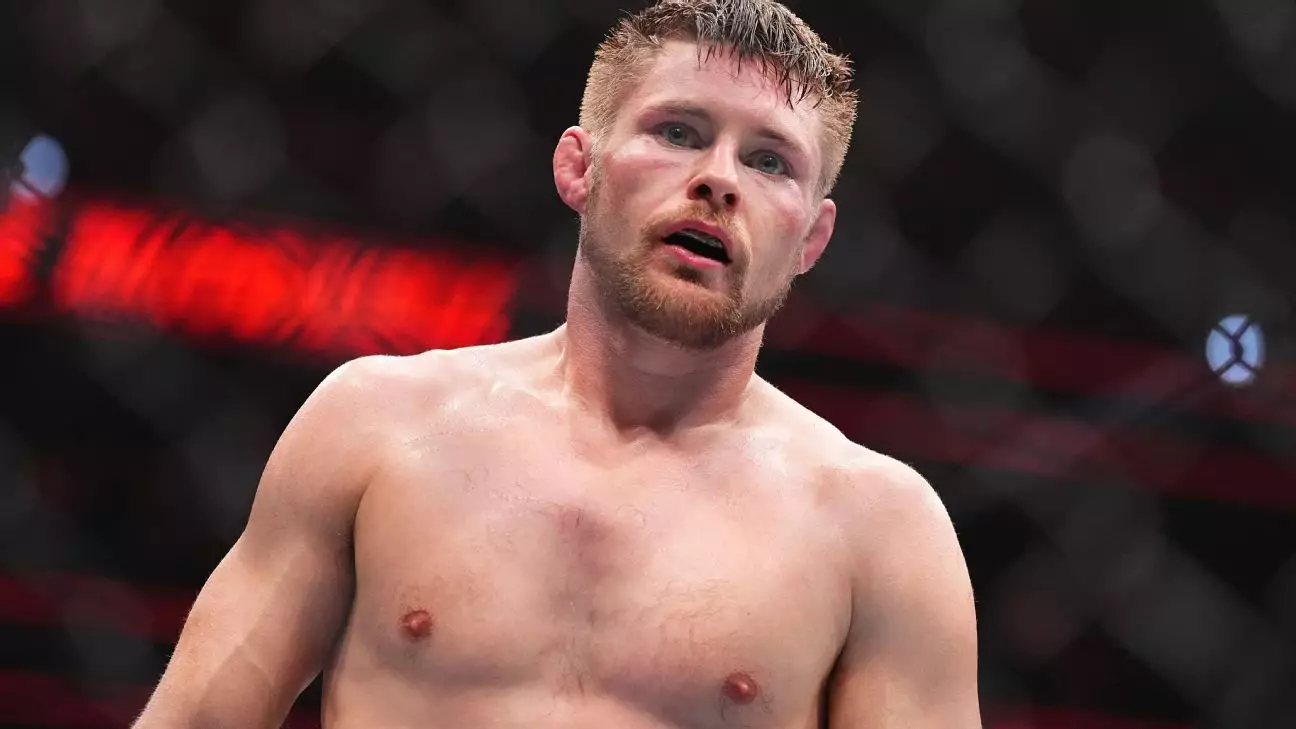Recent events in the world of mixed martial arts have spotlighted the intersection of free speech, personal beliefs, and public responsibility. UFC president Dana White was thrust into the media limelight following offensive comments made by featherweight fighter Bryce Mitchell during the inaugural episode of his podcast, “ArkanSanity.” In a concerning display of ignorance, Mitchell defended Adolf Hitler, denied the Holocaust, and made derogatory statements regarding both the LGBTQ+ and Jewish communities. This incident has sparked substantial outrage and debate, prompting discussions about accountability in sports and the broader implications of hate speech.
In the wake of Mitchell’s controversial remarks, White openly condemned the fighter’s statements, labeling them as “beyond disgusting” and indicative of a troubling trend in public discourse. He stated, “First of all, when you talk about Hitler, he was responsible for the death of 6 million Jews and it was his intent to completely eliminate Jewish people.” With these words, White not only expressed his distaste for Mitchell’s comments but also underscored the weighty historical context that such comments disregard. In his critique, White reflected a growing concern about how social media provides platforms for harmful rhetoric, allowing individuals like Mitchell to propagate dangerous ideas without consequence.
While White asserted that the UFC would not impose any disciplinary measures against Mitchell, citing principles of free speech, this stance raises crucial questions. How do we balance the right to express controversial opinions with the obligation to promote a safe and inclusive environment, especially in a prominent organization like the UFC? The refusal to discipline Mitchell could be seen as a tacit endorsement of his views, regardless of the claimed commitment to free speech. This dilemma poses a significant challenge for sports organizations that strive to maintain progressive and inclusive policies.
Mitchell’s statements reflect a fear that such viewpoints are not isolated but rather symptomatic of wider societal issues. The MMA community must confront the reality that athletes hold influence, and their words can impact many. The approval of inflammatory rhetoric can alienate entire communities, particularly marginalized groups that have historically faced discrimination. It prompts fans and fighters alike to engage in introspection about the values they wish to uphold in a sport that increasingly garners global attention.
As the UFC navigates this controversy, it must grapple with the power of language and its potential consequences. Going forward, fostering dialogues around acceptance, understanding, and historical awareness will be critical in ensuring that the sport moves in a positive direction. The Mitchell incident serves as a stark reminder that within the realm of sports—like in society at large—words matter, and they can either build bridges or deepen divides. It is incumbent upon all stakeholders—athletes, organization leaders, and fans alike—to advocate for constructive conversations that challenge hatred and promote empathy.

